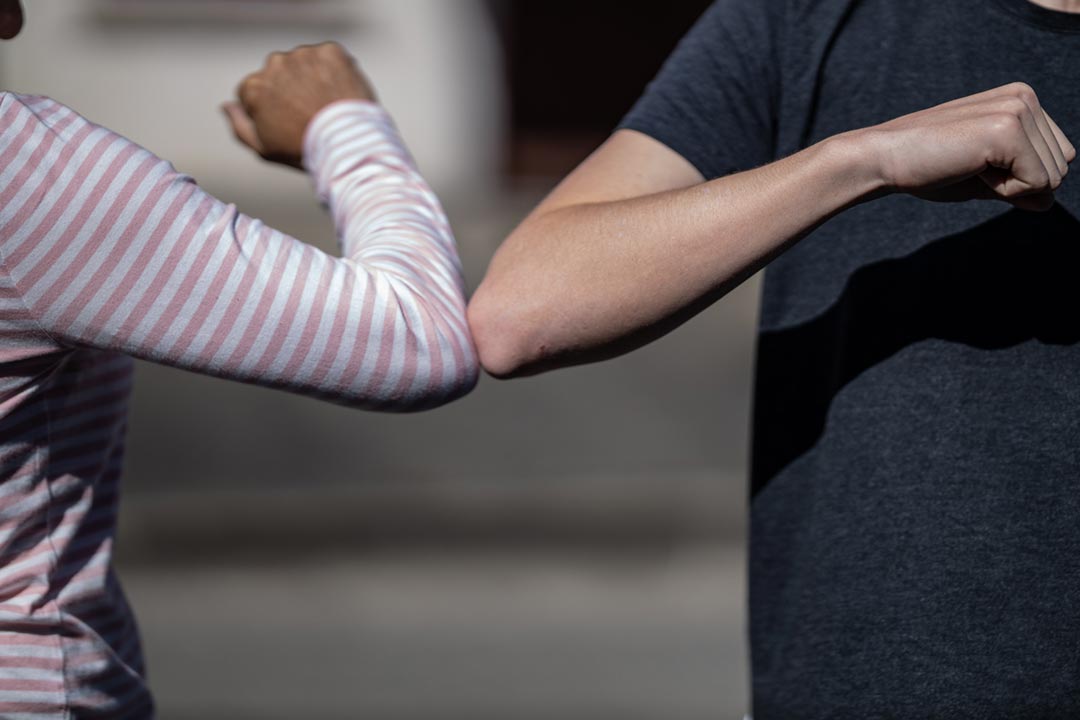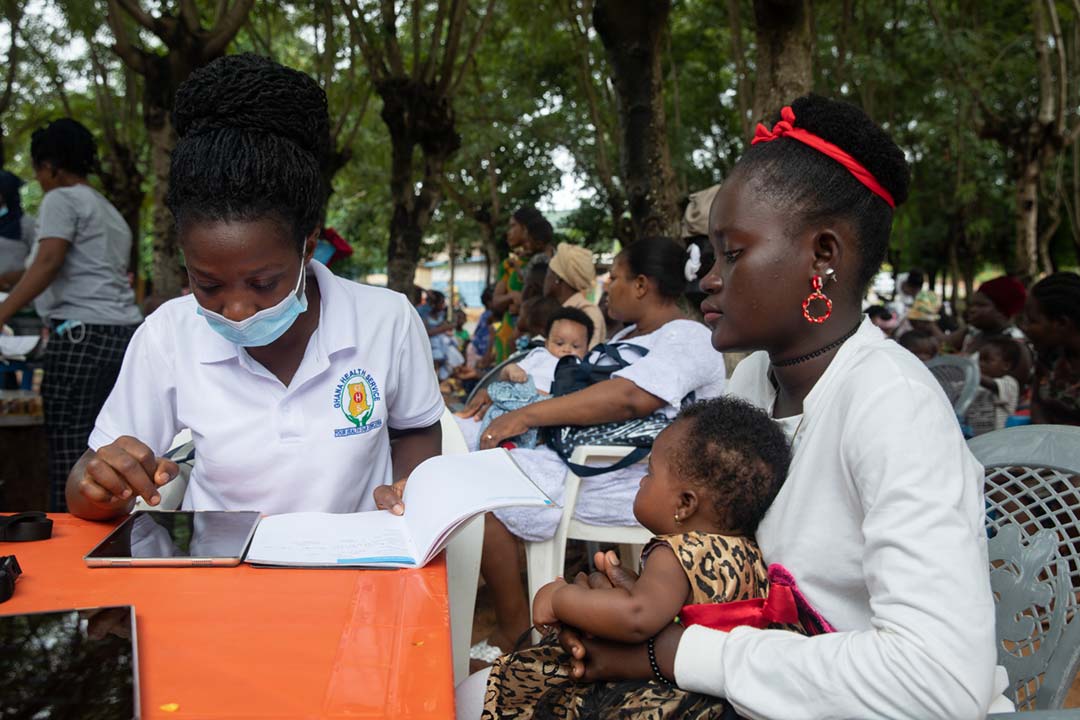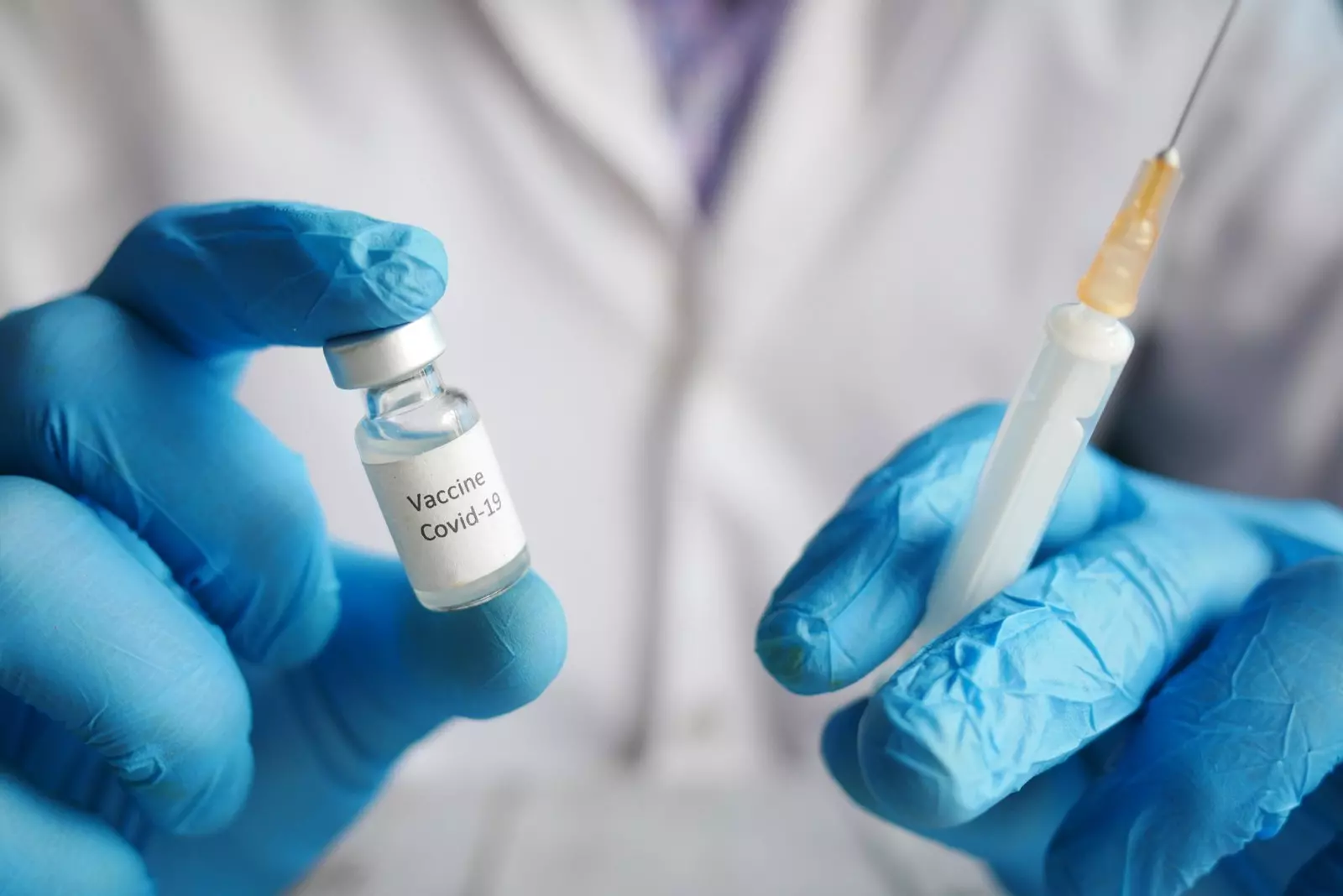COVID shows infectious disease is our greatest threat to global security
Unlike traditional security threats, infectious disease can’t be solved through sanctions, military posturing, deterrence or bilateral diplomacy, but rather through scientific collaboration, long-term investments in global health and resilient health systems and through smart and strategic multilateralism.
- 22 March 2021
- 6 min read
- by Dr Seth Berkley , The Hill

Early last year, the greatest challenges to world peace and international security were widely seen to be threats like nuclear proliferation, terrorism and climate change. Outbreaks of infectious disease were simply not on the global security agenda.
Today, the COVID-19 pandemic has demonstrated what a massive oversight that was; the speed and ferocity with which it has destabilized the world caught us all off guard and triggered the biggest global crisis of our time. And now global access to COVID-19 vaccines is in danger of becoming a new social divider that will only further exacerbate this.
The United Nations Secretary General and the United Kingdom’s call for “vaccine ceasefires”, to give people living in conflict zones a chance to be protected against COVID-19, is one much-needed solution to this and an example of how vaccines can be a powerful force for peace. But while there is a long established relationship between conflict and infectious disease — Yemen and Syria as just two current examples — the link between infectious disease and global security goes much deeper.
In terms of the potential for loss of life, disruption to society and livelihoods and its impact on economies, outbreaks of infectious disease have in fact long posed one of the biggest — and increasingly most likely — threats to global and economic security. We now need to start treating it like one.
With each day of this pandemic, COVID-19 is pushing millions more people closer to poverty. When combined with unprecedented global restrictions on people’s movements, there is an increasing risk that even in the most stable democracies there is a risk of sporadic civil unrest, disorder and violence erupting.
Have you read?
Clearly, we need to stop outbreaks from escalating into pandemics before they become threats to global security, but that will require a new way of thinking. Unlike traditional security threats, infectious disease can’t be solved through sanctions, military posturing, deterrence or bilateral diplomacy, but rather through scientific collaboration, long-term investments in global health and resilient health systems and through smart and strategic multilateralism.
While this may come too late to prevent the current pandemic, we do now at least have a powerful solution to this crisis — thanks to the unprecedented speed at which the scientific community and industry have responded — vaccines. Compared to traditional global security countermeasures, on which trillions of dollars are routinely spent, even with the billions already spent on their development, these vaccines are incredibly cost-effective. In fact, in terms of their impact, both in saving lives and protecting and in laying a path to economic recovery, COVID-19 vaccines are more powerful than any form of fiscal or monetary stimulus, provided there is global access.
That is why rapid, fair and equitable access to COVID-19 vaccines must be a global priority and why COVAX — a partnership between my organization, Gavi the Vaccine Alliance, the World Health Organization and the Coalition for Epidemic Preparedness Innovations — must receive the support it needs to succeed.
Because, even though COVID-19 vaccines may now be available in some countries, that alone won’t solve this crisis and nor will vaccine passports for those fortunate enough to have already been vaccinated. On the contrary, this will only aggravate growing tensions between the haves and have-nots, both domestically and between nations. The emergence of new variants demonstrated conclusively that we are only safe if we are all safe. Having large populations unvaccinated with circulating virus not only threatens those populations but allows mutations to emerge creating variants that are easier to spread, more deadly or resistant to vaccine immunity. To avoid that we need people all across the world to receive these vaccines and as quickly as possible. Because as long as the virus is circulating, reinfection will continue and any efforts to resume trade, travel and commerce will stall.
This is why COVAX — which is being managed by Gavi, the Vaccine Alliance — was created; to ensure that people in all countries get rapid, fair and equitable access to COVID-19 vaccines, regardless of their ability to pay. And that is why the news at the G-7 leaders meeting two weeks ago that the US would join COVAX and contribute $4 billion dollars for developing countries is so transformational. COVAX has already brought together the governments of 190 economies — representing 90 percent of the global population — and has secured more than 2 billion doses of COVID-19 vaccines to be delivered in 2021. At least 1.3 billion of those doses will go to the 92 poorest countries that would otherwise be unable to afford them.
Indeed, just last week, the first jabs of COVID-19 vaccines acquired through COVAX were administered to people in lower-income countries and millions more doses are going to a rapidly expanding number of people in countries that would have been left behind without this intervention. This represents the first real step towards breaking down the vaccine divide that now threatens to prolong the crisis.
But we are not there yet. During this initial period when the demand for vaccines outstrips the limited supply and when governments are under such immense pressure to secure doses for all their citizens, competition is fierce. Many governments are still seeking bilateral deals with manufacturers to secure doses for all their citizens. This risks placing additional constraints on already limited supplies, contributing to a bidding war that heightens tensions among nations. In the process it will also prolong the pandemic by putting these vaccines further out of reach of many of the people that need to be protected the most.
The impact this pandemic has had on the lives of billions of people, on the global economy and on long-term stability has already been devastating. The longer it continues, the deeper those scars will be. COVAX doesn’t just promise a way out of this but it does so in a way that inherently builds bridges that only serve to strengthen global stability. It also points the way to a new way of working in our fragmented global system, where geopolitics gets left at the door and countries can get on with working together to solve problems where collaboration is truly needed.
In the process, these same foundations of global collaboration and solidarity that COVAX has laid now also stand to make the world more resilient to the next pandemic. Because there will be a next one; the emergence of novel viruses with pandemic potential and the ease with which they can spread thanks to global trends like climate change, population growth, urbanization and travel make that an evolutionary certainty.
This places us in a perpetual arms race between science and pathogens that will continually threaten to undermine global security. The first step to preventing that involves recognizing the threat in the first place.









